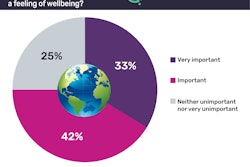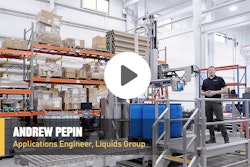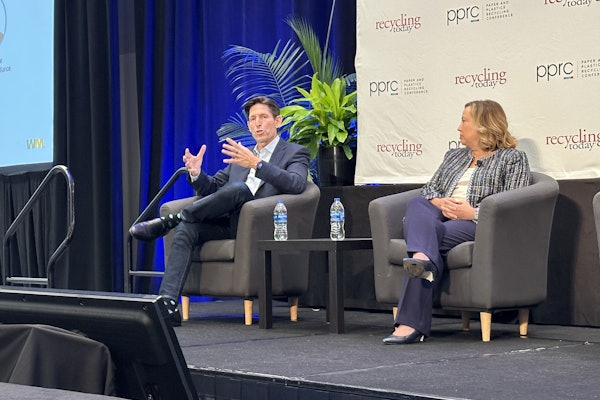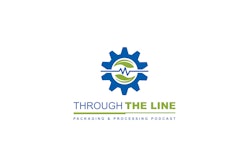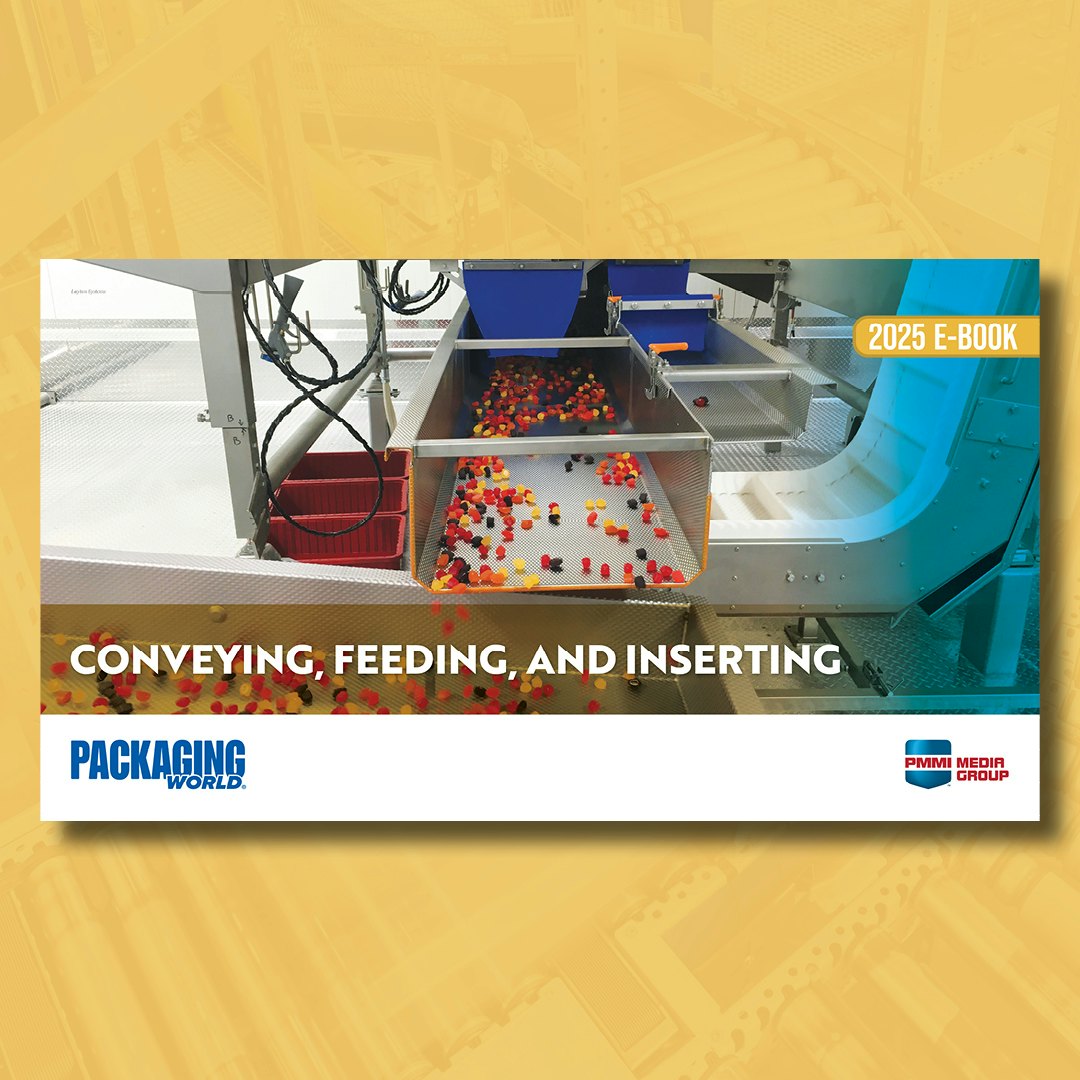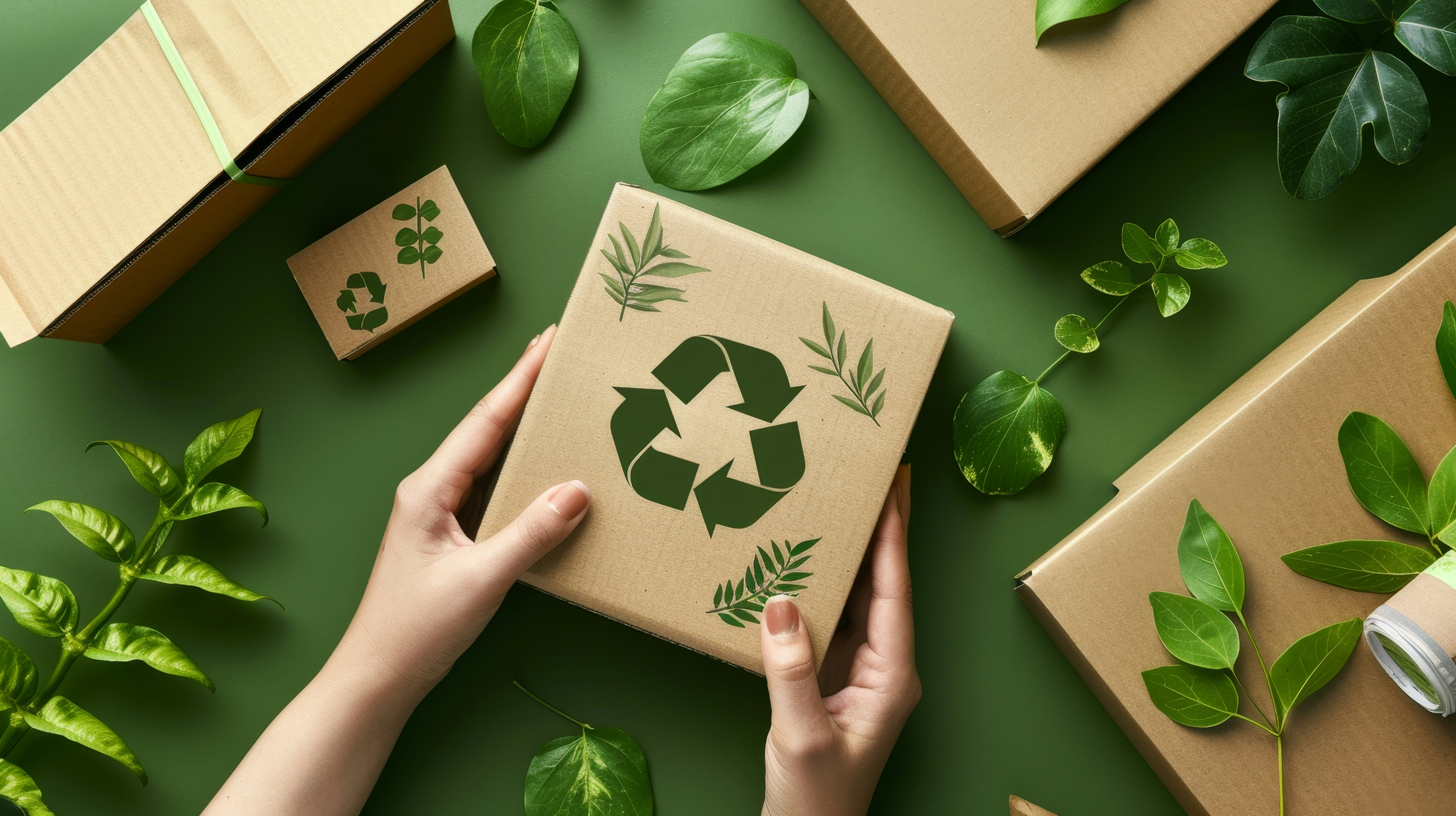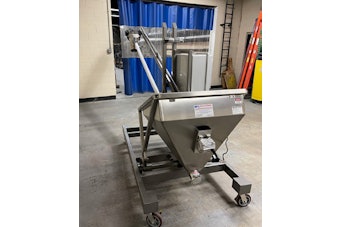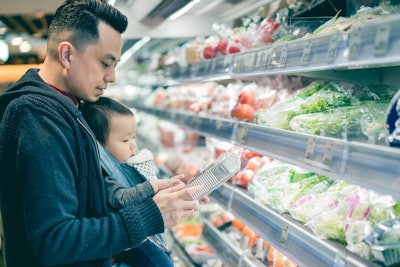
Consumers are increasingly putting pressure on manufacturers to improve the impact packaging has on the environment, with ethical packaging now becoming a “must have” quality when purchasing a product, according todata and analytics company GlobalData.
Sustainable packaging was once a niche that only a small minority of consumers took notice of, says GlobalData. As a result, a small number of products boasted of how environmentally friendly their packaging was, and few consumers based purchasing decisions on how a pack could be disposed of. According to GlobalData’s 2016 Q3 global consumer survey, "Packaging Insights: Innovation Scenarios in Sustainable Packaging Materials", 75% of consumers worldwide now think that living an ethical or sustainable lifestyle is important to creating a feeling of wellbeing.
Says GlobalData Consumer Analyst Mayu Teeven, “This sudden interest in sustainability has been driven by more open discussion via social media, and increased government lobbying resulting in action against plastics. The result of this pressure is evidenced by changes to legislation, such as the U.K. introducing a minimum 5p charge for plastic carrier bags.
“Using sustainable packaging to reflect cleaner and healthier living has become a priority for many consumers. As demand for organic and natural products grows, and the clean label trend continues to increase in popularity, having non-recyclable plastic packaging will start to limit the success of products which rate highly on ethics and sustainability in other parts of the supply chain.”
According to GlobalData, research continues into recyclable materials, with the University of Warwick recently discovering lignin, a new type of biodegradable plastic made from tree glue that can be discarded with food scraps.Lignin normally holds cellulose fibers to stiffening plant stems, and researchers found it can be turned into a strong, GlobalData says it could be on shelves within five years if scientists can ascertain a more efficient way of breaking down lignin.
Says Teeven, “Currently, the biggest challenge for producers is to convince consumers that sustainable packaging materials are worth the extra cost.
“Although there are long-term savings to be made by manufacturers moving to more sustainable materials, in the short term, prices will likely need to increase to cover the research and development costs of developing new materials and upgrading machinery to work with the new packs.”




